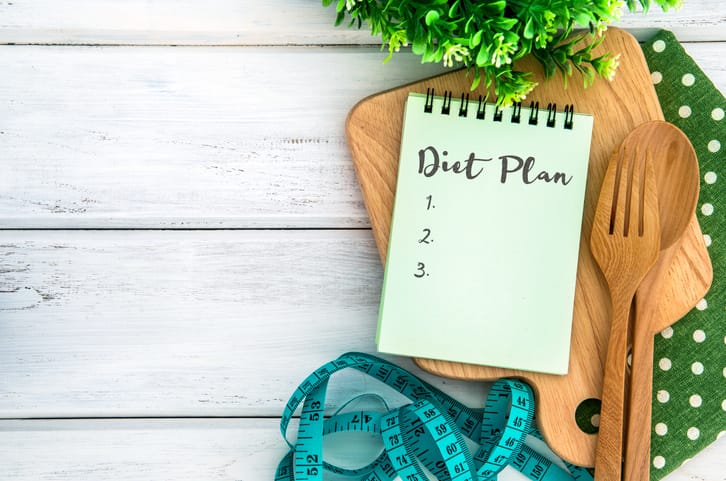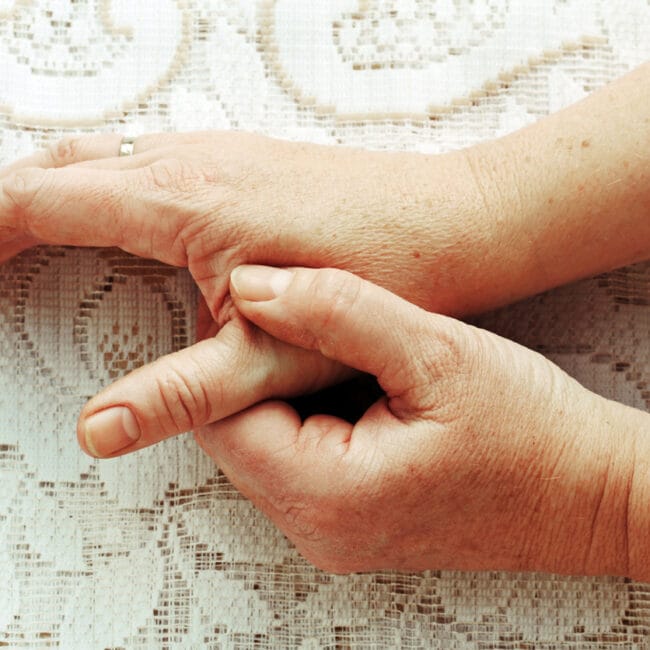At the beginning of every new year, people all over the world pledge to lose weight and get healthy. For many people, this means joining the gym, for others it means cycling or walking to work, but for almost everyone who makes these resolutions, it means a change in diet.
Eating healthier is always a good idea, and watching what you eat is an essential part of weight management. But every year, the public conversation on this topic is overrun by fad diets that claim to offer tasty, healthy, quick, and easy ways to lose weight, feel good, and so on. In reality, not only are many of these trends offering more than they can deliver, they often do more harm than good.
One of the latest examples of a popular new diet trend is the ketogenic or “keto” diet. This involves replacing the majority of the carbohydrates you consume with fat instead, which causes your body to enter a state of ketosis – where it burns fat for energy, rather than carbs. Under the keto diet, things like bread, pasta, corn, beans, grains, peas, most fruits, and many vegetables are all off-limits.
One of the first problems with diets such as these is that they are so restrictive; many people are likely to just give up on their attempts to be healthy, rather than gradually moving to a healthier lifestyle. Furthermore, many of these diets are designed to trigger a loss of water weight, which is when excess water is stored in the muscles. Most of these fad diets will instruct people to drink lots of water and stay hydrated, which sounds like a good thing – until you realise that the combination of reduced salt intake and increased water means your body believes it does not need the water to dilute the salt, and sheds it like crazy. This leads people to think they have lost a lot of weight very quickly, when really they have just dehydrated themselves.
Another major problem with these diets is that they frequently cause people to exercise less, and any true expert in weight management will tell you that it is the combination of diet and exercise that will work in the long run, not one or the other. But because these diets are so restrictive, cutting out things such as carbs and fruit, the people on them get fewer nutrients, vitamins, and less energy, making them far less likely to exercise as well.
Finally, just as your body alters its reserves of water when you drastically change your water and sodium intake, your body will also change how it stores fat – by keeping more of it. When a person suddenly and dramatically lowers the amount of food they are eating, their body starts to prepare for a shortage of food by storing more fat, leading to weight gain rather than weight loss.
In the end, a proper combination of diet and exercise is the only reliable way to manage your weight. Diet plans and exercise routines that claim to offer quick fixes should be avoided, because if they truly worked, they would be the most popular trends in the world. Instead, the best way forward is to gradually change your eating habits and increase your levels of physical activity. To learn about habits that really can help you achieve this, see our post on the benefits of portion control.











